CLAT Group
500+ CLAT Aspirants
Prepare for CLAT 2026/27 with iQuanta’s Tech-Powered Law Coaching – AI Analytics, Live Classes & expert NLU Mentors. Join the smarter way to crack CLAT.
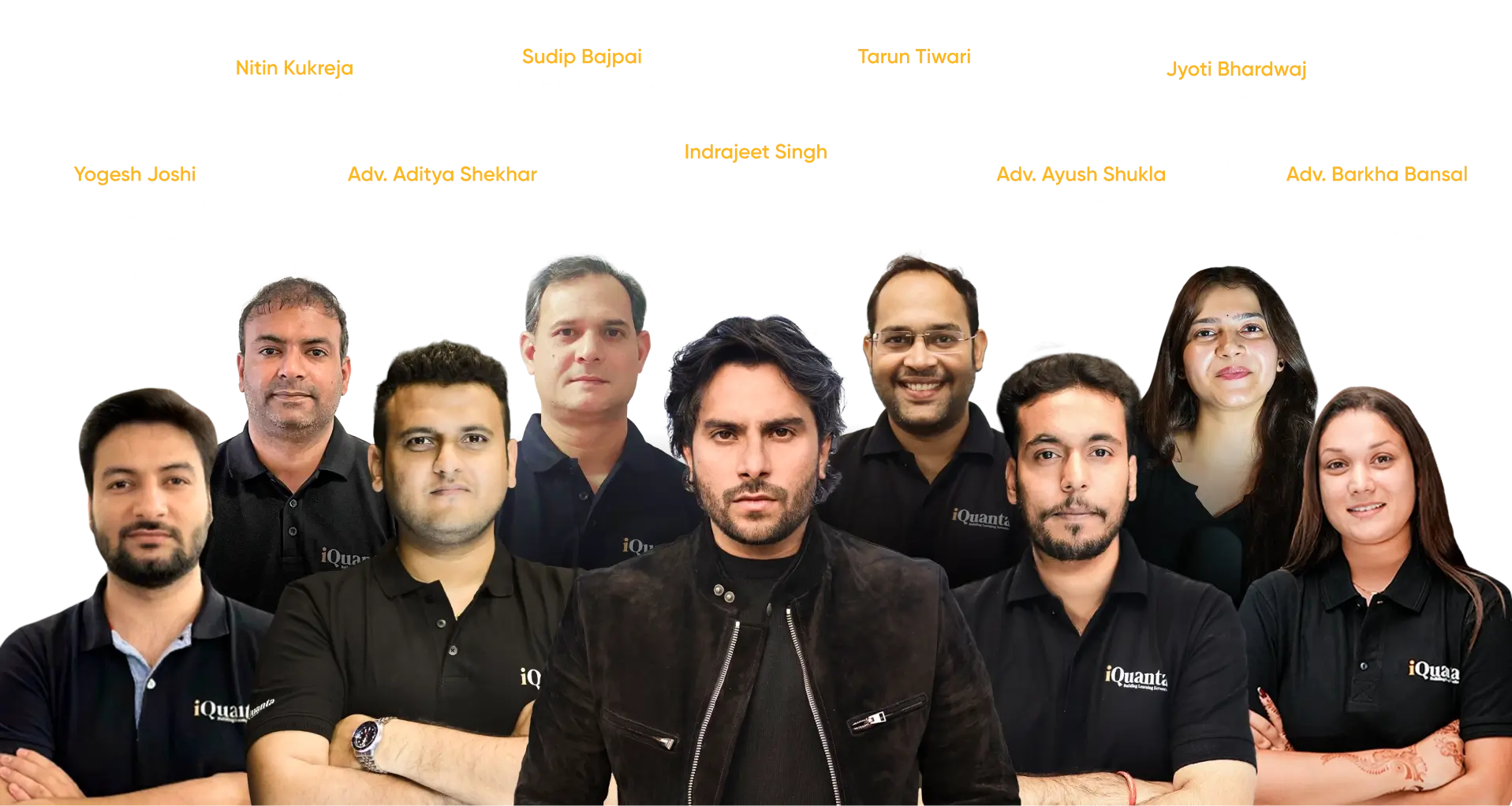

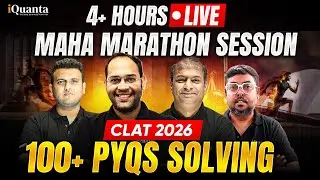

 CLAT UG 2026 Packages
CLAT UG 2026 Packages Free Counselling
Free Counselling| Law Entrance Exam | Accepting University | Duration |
|---|---|---|
| CLAT (Common Law Admission Test) | 24 NLUs (except NLU Delhi and NLU Meghalaya) | 5 years |
| AILET (All India Law Entrance Test) | NLU Delhi | 5 years |
| SLAT (Symbiosis Law Aptitude Test) | Symbiosis Law Schools (SLS) | 3 years / 5 years |
| MHCET-Law (Maharashtra CET - Law) | Govt. & Private law colleges in Maharashtra | 3 years / 5 years |
| NMIMS-LAT (Narsee Monjee Institute LAT) | NMIMS Colleges | 3 years / 5 years |
| LNAT | JGLS (Jindal Global Law School) | 3 years / 5 years |
| CUET UG | BHU, BBAU, CUSB, TISS, etc. | 5 years |


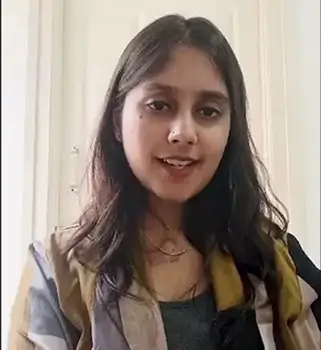

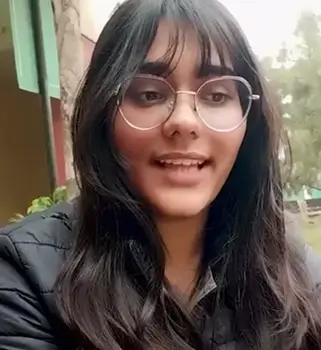

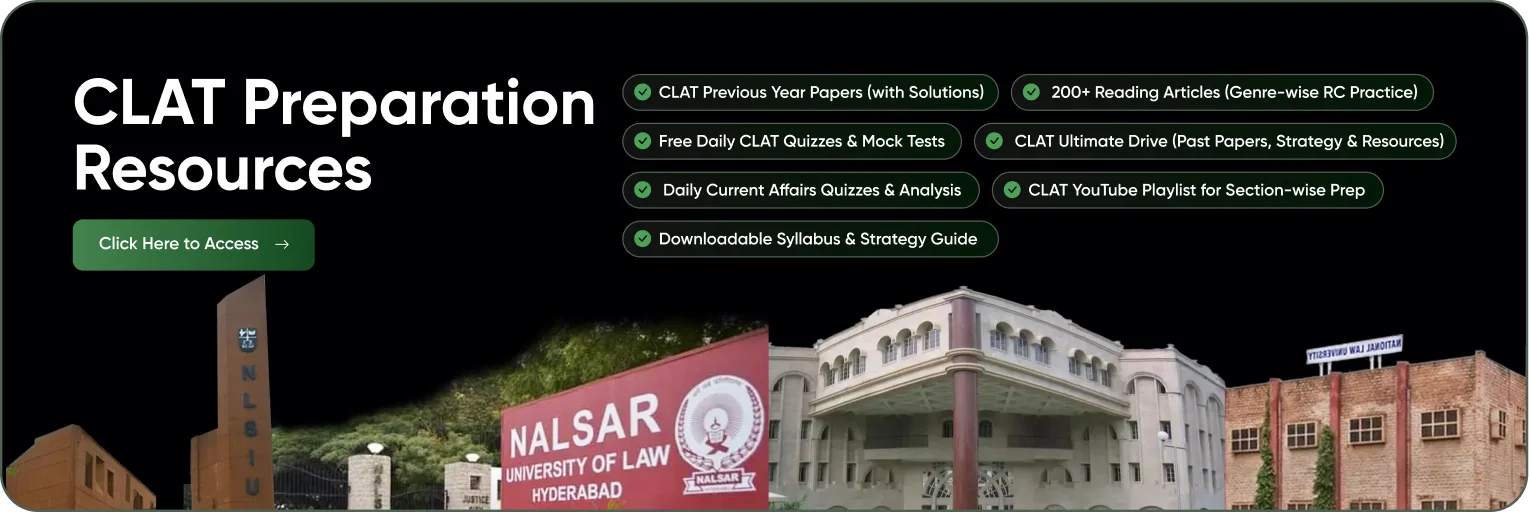
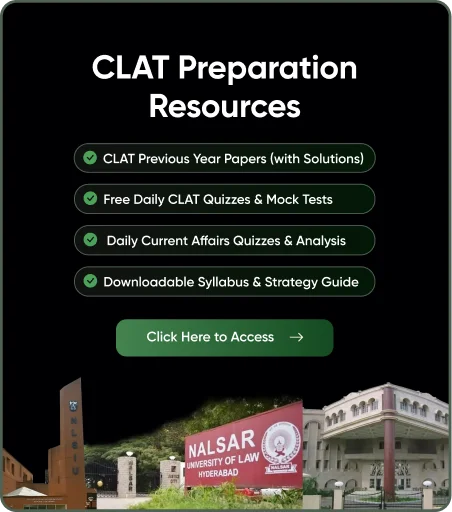
| Exam | Application Starts | Application Ends | Exam Date |
|---|---|---|---|
| CLAT UG 2026 | 1st August 2025 | 31st October 2025 | 7 December 2025 |
| AILET UG 2026 | 7th August 2025 | 31st October 2025 | 14th December 2025 |
| SLAT | August 2025 (Tentative) | Third week of November 2025 (Tentative) | Third/Fourth week of December 2025 (Tentative) |
| MHCET 2026 | Fourth week of December 2025 (Tentative) | Second week of February 2026 (Tentative) | First week of May 2026 (Tentative) |
| CUET UG 2026 | Second week of March 2026 (Tentative) | Last week of April 2026 (Tentative) | Second to Fourth week of May 2026 (Tentative) |
| NMIMS-LAT | Third week of February 2026 | Fourth week of March 2026 | Fourth week of May 2026 |
| LNAT | September 2025 | December 2025 | January 2026 |
The Common Law Admission Test (CLAT) 2026 is a national-level entrance exam conducted by the Consortium of NLUs for admission into 26 National Law Universities across the country for UG and PG law programs. Around 70,000 students appear for CLAT each year, making it a crucial step for those pursuing a legal career after Class 12. As per previous trends, it is expected that CLAT 2026 will be held in December 2025. Candidates who want to take admission into the top NLUs must fill the application form which is likely to start in JUly 2025. However, the exam dates are yet to be announced. In order to perform well in the CLAT exam the candidates must enroll themselves into CLAT coaching at iQuanta.
For CLAT UG 2026, the exam will have 120 questions in MCQ format which will be spread across five sections such as English Language, Current Affairs, Legal Reasoning, Quantitative Aptitude, Logical Reasoning. On the other hand, the CLAT PG exam comprises constitutional law, and other subjects such as Jurisprudence, IPC, CrPC, CPC, etc. For each correct answer you will be awarded +1 mark and for each wrong answer, there will be a negative marking of -0.25 marks. Check the below table to know about the CLAT 2026 exam in details:
| Parameter | Details |
|---|---|
| Duration of the test | 120 minutes (2 hours) |
| Mode | Offline mode |
| Type of Questions | Multiple Type Questions (MCQs) |
| Number of Questions | 120 |
| Test Sections | 1. English Language 2. Current Affairs, including General Knowledge 3. Legal Reasoning 4. Logical Reasoning 5. Quantitative Techniques |
| Language | English |
Note: This information specifically pertains to the UG-CLAT 2026 exam.
CLAT is also known as the Common Law Admission Test conducted by the Consortium of NLUs. The duration of the exam is 120 minutes based on previous year analysis. Check the below table to get an overview of the CLAT 2026 exam:
| Parameter | Details |
|---|---|
| Full Form | CLAT (Common Law Admission Test) |
| Test Conducting Body | The Consortium of National Law Universities |
| Test Level | UG |
| Test Frequency | Once a year |
| Test Mode | Offline |
| Test Duration | 120 Minutes |
| Test Language | English |
The official notification for the CLAT 2026 exam is yet to be released however, the candidates can check the expected dates for the CLAT 2026 exam in the table below:
| Event | Timeline |
|---|---|
| Release of CLAT admission notification | June 2025 |
| Start of online CLAT application form | First week of July 2025 |
| Last date to submit the CLAT application form | End of October 2025 |
| Release of CLAT 2026 admit card | Mid-November 2025 |
| CLAT exam date 2026 | December 7, 2025(Tentative) |
| Release of provisional CLAT answer key | December 7, 2025(Tentative) |
| Release of CLAT final answer key | December 13, 2025(Tentative) |
| Declaration of CLAT results | December 13, 2025(Tentative) |
| Commencement of CLAT counseling | December 15, 2025(Tentative) |
The CLAT 2026 notification is expected by June 2025, following previous years' trends.
It is expected that the CLAT 2026 exam will follow the same eligibility criteria as of previous years. Therefore, the candidates can check the below listed eligibility criteria for both UG and PG law programs:
It is expected that the CLAT 2026 application process will begin in July. Candidates are required to visit the official website of the CLAT exam to fill the application form. The aspirants can check below the steps to apply for the CLAT 2026 exam:
Based on previous year analysis the CLAT 2026 application fees is expected to be as follows:
Candidates who have already filled the application form have the option to edit the CLAT application form but within the timeline provided by the Consortium of NLUs. Usually, the correction window remains open for 3 to 4 days. Candidates can edit details like test centre, name, DoB, programme, and reservation during the correction window. After final submission, no further changes are allowed. Check below the steps to edit the CLAT application form:
Aspirants who want to crack the CLAT 2026 exam must check out the iQuanta CLAT coaching, CLAT online courses, etc to ace the exam with good scores.
Apart from CLAT 2026 candidates who want to pursue law from NLU Delhi must go for the AILET exam. The All India Law Entrance Test (AILET) is a national-level law-based entrance examination for candidates wishing to get into the National Law University, Delhi. This examination is particularly conducted to get into NLU Delhi for both undergraduate and postgraduate courses and doctoral programs. The National Law University, Delhi, exclusively accepts only the AILET scores for admission purposes. The All India Law Entrance Test is a competitive examination in itself and is similar to the Common Law Admission Test, including various subjects such as legal principles, reasoning and comprehension-based questions.
| Exam Highlights | Details |
|---|---|
| Exam Name | AILET (All India Law Entrance Test) |
| Exam Conducting Body | National Law University, Delhi |
| Exam Level | UG and PG |
| Exam Frequency | Once a year |
| Exam Mode | Offline |
| Exam Duration | 120 Minutes |
| Exam Language | English |
| Exam Purpose | Admissions to B.A. LL.B., LLM courses |
The Official notification for the All India Law Entrance Test was released on 17 June 2025, and the tentative dates for the examination to be held have been announced on 7 December 2025 in an offline pen-paper-based mode.
Apart from the date of examination to be held, the candidates must also be aware of the other important events associated with the examination and the date on which the events are scheduled. All the other important dates have been mentioned below:
| Event | Dates (Tentative) |
|---|---|
| Release of admission notification | May-end, 2025 |
| Start of online application form | August-beginning, 2025 |
| Last date to submit the application form | November-end, 2025 |
| Release of the admit card | Fourth week of November 2025 |
| Exam date | Second Sunday of December'25 |
| Release of the final answer key | The fourth week of December 2025 |
| Declaration of results | The third week of December 2025 |
| Commencement of counselling | December 2025 |
The candidates preparing for the All India Law Entrance Test must know about the Examination Pattern before appearing for the actual paper. The complete breakdown of the examination pattern has been given below:
| Section | Total Questions | Marks |
|---|---|---|
| English | 50 | 50 |
| Current Affairs & General Knowledge | 30 | 30 |
| Legal Reasoning & Logical Reasoning | 70 | 70 |
| Total Marks | 150 | 150 |
Based on the examination pattern, some more important details related to AILET have been mentioned below:
Duration: 120 minutes (2 hours)
Marking Scheme: +1 for correct answers and -0.25 for incorrect answers
Mode: Pen-Paper Based (Offline Mode)
Candidates appearing for the All India Law Entrance Test must also keep an eye on the eligibility criteria of the examination. The eligibility criteria for undergraduate and postgraduate courses are given below:
For Undergraduate programs, candidates must have passed the 10+2 examination with at least 45% marks in the qualifying examination.
For PostGraduate programs, candidates must have passed the LLM/Equivalent examination with at least 50% marks in the qualifying examination.
Candidates must fill out the application form for the All India Law Entrance Test to appear for the examination. This includes a number of steps such as registration, uploading your documents and fee payment. The step-by-step guide to filling out the application form is given below:
Candidates must visit the official website of the National Law University, Delhi.
Fill out the application form by entering all the necessary details such as name, contact number, e-mail ID, DOB, etc.
Log in to your account using your login credentials.
Fill out all the necessary fields, such as educational qualifications and personal information.
Choose your desired examination centre.
Upload all the scanned documents, including your photographs and signatures.
Pay the required application fee via any mode of payment.
All the necessary documents required to appear for the All India Law Entrance Test have been listed below. Candidates must be prepared with all the documents before arriving at the examination centre.
Class 10 & 12 marksheets
Passport-size photo & signature
Category, BPL, or foreign national certificate (if applicable)
LLB Degree (Only applicable for LLM applicants)
Valid ID Proof
The AILET 2026 admit card will be released on the official website. Candidates who have already registered themselves are required to download their admit cards by visiting the official website. The AILET admit card is an important document which the candidates are required to carry to the exam hall. It is expected that the AILET 2026 admit card will be available at least 15 days before the date of the exam on the official website. Check below the steps to download the AILET 2026 admit card:
Firstly, the candidates must visit the official website
Click on the AILET admissions option
Click on the option of “already registered” and then log in using their credentials
After logging in, they must fill in the required details such as application number and password
Finally download, save and print the AILET admit card
Candidates preparing for the All India Law Entrance Test can go through the preparation tips mentioned below:
Make a strategic study plan and prepare all the different sections one by one.
Study the examination pattern and the syllabus before studying the topics. This will help you understand which section requires more attention.
Keep appearing for the All India Law Entrance Test mock papers regularly to analyse your preparation levels and identify your weak spots.
The All India Law Entrance Test (AILET) results are tentatively to be declared in mid-December after the conduct of the examination. After the release of the results, the online counselling process takes place. The steps included in the counselling process are given below:
The counselling window opens as soon as the results are declared.
Pay the counselling fees at the registration window, which is 30,000/- for general category students and 20,000/- for the reserved categories.
If you are allotted a seat, confirm your seat with a nominal fee of 50,000/-. Also your admission fee is adjusted with your counselling registration fee.
The Symbiosis Law Admission Test (SLAT) is conducted by Symbiosis International (Deemed University) for admission to its four prestigious law schools in Pune, Noida, Nagpur, and Hyderabad. SLAT is a computer-based test. As per past year trends, SLAT is usually conducted on two days. Candidates appearing for both tests will have the higher score considered. Candidates aspiring to take the SLAT 2025 exam must register and offer their choice of programs.
Check below the SLAT Exam Pattern for the aspirants who want to take admission into Symbiosis International:
| Examination | Pattern | No of Questions | Marks |
|---|---|---|---|
| Symbiosis Law Admission Test (SLAT) | Logical Reasoning | 12 | 12 |
| Legal Reasoning | 12 | 12 | |
| Analytical Reasoning | 12 | 12 | |
| Reading Comprehension | 12 | 12 | |
| General Knowledge | 12 | 12 | |
| Total | 60 | 60 |
Know about the entrance test requirements college-wise:
| Sr. No | Institute | Entrance Test Applicable | Entrance Test (60 marks) | Scaled up to 70 marks | Personal Interaction (PI) | Total |
|---|---|---|---|---|---|---|
| 1 | SLS, Pune | Symbiosis Law Admission Test (SLAT) | 70 | 30 | 100 | B.A LLB (Hons.) B.B.A LLB (Hons.) |
| 2 | SLS, Hyderabad | 70 | 30 | 100 | B.A LLB B.B.A LLB | |
| 3 | SLS, NOIDA | 70 | 30 | 100 | B.A LLB B.B.A LLB | |
| 4 | SLS, Nagpur | 70 | 30 | 100 | B.A LLB B.B.A LLB |
In order to sit for the SLAT exam, the candidates should have passed class 12 or any other equivalent degree from a recognised university with a minimum of 45% or 40% marks, as the case may be (general or SC/ST)
The test covers he following sections:
| Sections | SLAT Important Topics |
|---|---|
| Logical Reasoning | Puzzles, deriving inferences and conclusions from arguments, syllogisms |
| Legal Reasoning | Legal aptitude, fundamental rights, basic legal terms, important laws and acts |
| Analytical Reasoning | Analysing patterns in given data by performing basic mathematical operations like addition, subtraction, etc. |
| Reading Comprehension | Vocabulary, grammar fundamentals (tenses, conjunctions, prepositions), sentence improvement, reading skills |
| General Knowledge | Recent national and international events in current affairs |
Candidates can choose multiple ways to prepare for their Symbiosis Law Entrance Test. Some essential preparation tips have been mentioned below:
The SLAT admit card is an important document that you must keep with you at the time of appearing for the examination. The admit card for the Symbiosis Law Admission Test is released a few days before the commencement of the examination. On the day of the actual examination, candidates must carry their admit card along with any of the verified documents. The SLAT admit card contains:
The MH-CET Law (Maharashtra Common Entrance Test) is a state-level examination conducted by the State CET Cell, Maharashtra, for admission into 3-year and 5-year LLB programs across more than 150 law colleges in Maharashtra. The tentative examination dates for both the 5-year LLB and the 3-year LLB have been announced by the Maharashtra Government. The 5-Year LLB examination is set to be held in April 2026, and the 3-Year LLB examination in May 2026.
The candidates appearing for the MH-CET Law Examination must know about the eligibility criteria for both the 5-Year LLB and the 3-Year LLB Program. The eligibility criteria for both courses have been mentioned below:
| Parameter | MH CET 2026 5-Year Integrated Law Program | MH CET 2026 3-Year Integrated Law Program |
|---|---|---|
| Qualifying Examination | Candidates must have passed 10+2 or any equivalent examination with a 3-year diploma in engineering. | Candidates must have a graduation degree in any discipline. |
| Minimum Marks Required | The Minimum marks for various categories have been given along: General:45%, SC/ST:40%, VJ/DT/NT(A)/NT/OBC/SBC: 42% | Not Available |
| Other Criteria | Candidates are also eligible if they have a first-degree certificate through a distance course. | Candidates in their final year of graduation can apply for this course only if they have the qualifying certificate at the time of admission. |
The Examination pattern and syllabus of MH CET are similar to any other law entrance test. The table given below highlights the examination pattern of MH CET:
| Parameter | Highlight |
|---|---|
| Mode of Examination | Online Computer-Based Test |
| Language | English and Marathi |
| Type of Paper | Multiple Choice Based |
| Duration | 120 mins |
| Total Number of Questions | 120 |
| Total Marks | 120 |
| Marking Scheme | +1 for correct answers |
| Negative Marking | No negative marking included |
| Sections | English, Maths, Legal Aptitude & Legal Reasoning, GK & Current Affairs, Logical Reasoning |
The candidates, before appearing for the MH CET Examination, need to register themselves for the same. The complete guide for the application process is given below:
After the declaration of the results, the Maharashtra government is sure to conduct the counselling process, where the candidates are allotted their seats in various colleges. The MH-CET Law Counselling process is also known as the Centralised Admission Process. The Counselling process takes place in 4 steps, which are mentioned below:
A number of prestigious institutions in Maharashtra accept the MH-CET Law scores. The list of colleges accepting the MH-CET Law scores is mentioned below:
| MH CET Law Participating College Name |
|---|
| A.B.M.S.P's Yashwantrao Chavan Law College |
| Abhinav Education Society's Law College |
| Agnel School Of Law |
| Akola Law College |
| Amar Sewa Mandal's Govindrao Wanjari College Of Law |
| Amolakchand Vidhi Mahavidyalaya, Yavatmal |
| Asmita College Of Law, Vikhroli (E) |
| Bharati Vidyapeeth's Yashwantrao Chavan Law College, Karad |
| Central India College Of Law, Godhani, Nagpur |
| Children Welfare Centre College Of Law |
| D.E.S.Shri Navalmal Firodia Law College |
| Dayanand College of Law, Latur |
| Dr. Ambedkar College Of Law, Aurangabad |
| Dr B.R.A. College Of Law |
| Dr. Babasaheb Ambedkar Memorial College Of Law, Dhule |
| Dr.Babasaheb Ambedkar College Of Law |
| Dr Ulhas Patil Law College, Jalgaon |
| Government Law College |
| Ibsar School Of Law |
| Ils Law College |
| Ismailsaheb Mulla Law College, Satara |
| Kce's S.S.Maniyar Law College, Jalgaon |
| M.K.E.S. College Of Law |
| M.S. College Of Law |
| M.S. College Of Law, Wada |
| M.S.S. Law College, Jalna |
| Manjara Charitable Trust College Of Law |
| Maratha Vidya Prasarak Samaj's Law College, Nashik |
| Marathwada Mitra Mandal's Shankarrao Chavan Law College |
| Mukul Wasnik College Of Law, Buldhana |
| Nalanda Law College |
| Narayandas Sarwottamdas Soti Law College, Sangli |
| Narayanrao Chavan Law College, Nanded |
| Noorjahan Begum Salam Ahmed Women's College Of Law, Buranda |
| Oriental College Of Law |
| People's Education Society's Adv. Balasaheb Apte College Of Law |
| Pravin Gandhi College Of Law |
| Priyadarshini Dnyan Prabhodhini's Law College, Phaltan |
| Progressive Education Society's Modern Law College |
| Rajarshi Shahu College Of Law |
| Rajarshi Shahu Law College, Barshi |
| Rizvi Law College |
| Seva Mandal Education Society's Smt.K.G.Shah Law School |
| Shahaji Law College |
| Shantaram Potdukhe College Of Law |
| Sharadchandra Pawar Law College, Nanded |
| Shiva Trust's Late M.L.C. Vasantrao Kale Law College, Aurangabad |
| Shivajirao S Jondhale Institute Of Law And Research |
| Shree L. R. Tiwari College Of Law |
| Shri Nathmal Goenka Law College |
| Shri Shivaji Maratha Society's Law College, Pune |
| Shriman Bhagojisheth Keer Law College, Ratnagiri |
| Siddhayog Law College, Khed |
| Sinhgad Law College |
| St. Wilfred's College Of Law, Panvel |
| St.Rock's Degree College Of Law |
| Subhadra's Educational Society's S.N.B.P. Law College |
| Sundarbai Maganlal Biyani Law College, Dhule |
| Sw.Shri.Namdevrao Parjane Patil Law College, Kopargaon |
| Thakur Ramnarayan College Of Law |
| Trimurti Pawan Pratishthans Kha. Shri Govindrao Adik Law College |
| University Of Mumbai Law Academy |
| Utkranti Vidhi Mahavidhyalaya, Jarud |
| V. N. Patil Law College, Aurangabad |
| Victor Dantas Law College, Kudal |
| Vidya Pratishthan's Vasantrao Pawar Law College |
| Vinayak Vidhi Mahavidhyalaya, Amravati |
| Vivekanand Education Society's College Of Law |
| Yeshwant Mahavidyalaya, Wardha |
The NLAT (NMIMS Law Aptitude Test) is conducted by NMIMS for admission to its 5-year integrated law programs across multiple campuses. For this exam the candidates are required to register themselves online. The NLAT exam comprises five main sections such as verbal reasoning, legal reasoning, current affairs and quantitative reasoning with a total of 150 questions in a duration of 2 hours. It offers programs such as:
Candidates who have a valid CLAT exam score, can skip NLAT as NMIMS also accepts CLAT for admission to its Law Programs
Aspirants must follow the NLAT eligibility criteria:
The official notification is yet to be released but the candidates can check the steps to register themselves for the NLAT exam.
Registration Fee:
NLAT exam will consist of five main sections such as verbal reasoning, legal reasoning, current affairs, logical reasoning, quantitative reasoning. The candidates are required to solve 150 questions in two hours. Candidates will be given +one mark for each correct answer and there is no negative marking for incorrect answer.
| Sections | Number of questions | Marks | Duration |
|---|---|---|---|
| Verbal reasoning | 30 | 30 | 2 Hours |
| Current affairs including general knowledge | 30 | 30 | |
| Legal reasoning | 30 | 30 | |
| Logical reasoning | 30 | 30 | |
| Quantitative Reasoning | 30 | 30 | |
| Total | 150 | 150 |
Note:
The Law National Aptitude Test (LNAT) is a global entrance exam that tests reading, reasoning, and argumentation skills essential for law aspirants. This is a 2 hour 15 minute test divided into two sections :
It is widely accepted by UK law universities and now mandatory for admission to Jindal Global Law School (JGLS), India. This exam is basically designed to test the candidate’s aptitude for studying law. There are around 11 LNAT universities in the world requiring LNAT score. The aspirants are required to take the LNAT test if they are applying to a law degree and it is specified in its requirement.
There is no such eligibility criteria for the LNAT exam defined by the Pearson VUE. Different universities have different eligibility criteria. However, the aspirants can check the below mentioned eligibility criteria for the test:
LNAT is an MCQ based exam that tests the candidates reading comprehension abilities in the first section. There are 42 MCQ questions in section A based on 12 passages. On the other hand section B consists of essay questions. Candidates will be given 40 minutes to write an essay on any one of the topics.
| Section | Description | Time Limit | Mode |
|---|---|---|---|
| Section A | 42 multiple-choice questions based on 12 argumentative passages | 95 minutes | Online |
| Section B | One essay question on a range of subjects to test argumentative | 40 minutes | Online |
LNAT is a standardized test conducted for the candidates who want to take admission into various UK law programs. The test is focused not only on legal knowledge but the skills required to succeed in a law program. The LNAT exam application form is available online Check below the steps to apply for the LNAT exam:
Firstly, the candidates can start reading newspapers, articles, or journals to improve their writing skills
They must create a list of common questions types and things to tackle them
Candidates must do a test with keeping the exam time in mind and give not less than 8.5 minutes per passage
They can practice by writing an essay on their favourite topic and one on the least favourite topic. After this they must analyse and note down the things they can improve
Secondly, the candidates must focus on starting early. This does not mean that they should start solving mock tests but it is good to familiarize themselves with the test format, essay topics and types of questions. They should focus on reading non-fiction, focus on topics such as science, politics, law, media , education, etc.
Thirdly, the candidates must focus on common question types, patterns and note down the tricks to solve them. This will make the preparation much easier. Some examples are main point questions, argument questions, essay questions, etc.
Finally, the aspirants should also focus on practicing Mock tests in order to get accustomed to the online test format, get familiarised with the exam pattern, etc.
Note: LNAT results (MCQ score + essay) are shared with universities as part of your law school application.
The Common University Entrance Test for Undergraduate Programs (CUET UG) is an entrance test that is used to assess a candidate's language skills, general awareness, logical reasoning, and domain-specific knowledge — all essential for pursuing undergraduate programs, including law.
It is used alongside other eligibility criteria for admission into undergraduate law programs offered by participating Central Universities, Private Universities, and other institutions across India.
Before diving into the other details about the Common University Entrance Test, candidates must have an overview of the examination. All the necessary highlights about the examination have been mentioned below:
| Aspects | Details |
|---|---|
| Examination Name | Common University Entrance Test |
| Conducting Body | National Testing Agency |
| Frequency of Examination | Only Once a Year |
| Courses Offered | All types of undergraduate courses |
| Examination Level | National Level Entrance Test |
| Mode of Application | Online |
| Mode of Conduction | Computer-Based Test Mode |
| Participating Universities | 287+ for CUET-UG |
| Types of Questions | Multiple Choice Based |
| Mode of Counselling | Online |
Now, before appearing for the actual examination, candidates need to register themselves for the actual examination. The complete application process for CUET UG has been given below:
Candidates must visit the official website of the Common Undergraduate Entrance Test.
Open the registration window and fill out all the important fields such as name, mobile number and e-mail ID.
Log in using your credentials that you’ll receive on your registered mobile number.
After logging in, fill out all the mandatory fields such as educational qualifications, communication details, examination centre details, etc.
Upload all your scanned documents and photographs according to the specifications mentioned.
After filling out the complete application, pay the required application fee as per your category.
The official notice regarding all the important events and their associated dates is published on the official website of NTA. However, candidates can check out the table given below to understand the tentative examination calendar:
| Events | Date |
|---|---|
| CUET UG 2026 Registration Starts | First Week Of March |
| CUET UG 2026 Registration Ends | Last Week Of March 2026 |
| CUET UG 2026 Payment Last Date | Last Week Of March 2026 |
| CUET UG 2026 Application Form Correction Window Opens | 1st Week of April 2026 |
| CUET UG 2026 Application Form Correction Window Closes | 1st Week of April 2026 |
| CUET UG 2026 City Slip | TBA |
| CUET UG 2026 Admit Card Released | 1 week before the examination |
| CUET UG 2026 Examination Date | 2nd Week of May 2026 |
| CUET UG 2026 Results Announced | TBA |
| CUET UG 2026 Merit List Announced | TBA |
| CUET UG 2026 Counselling Starts | TBA |
The Examination pattern for the Common Undergraduate Entrance Test remains the same every year. Based on previous years' analysis, the examination pattern for CUET UG 2026 has been given below:
| Sections | Subjects | Number of Questions | Duration | Total Marks |
|---|---|---|---|---|
| Section I | 13 Languages | 50 | 60 min | 250 |
| Section II | 23 Domain Subjects | 50 | 60 min | 250 |
| Section III | General Aptitude | 50 | 60 min | 250 |
Candidates wishing to appear for the Common Undergraduate Entrance Test must be eligible for the same. The eligibility criteria for CUET UG 2026 has been given below:
Every Indian National candidate is eligible to appear for the examination. Foreign/NRI candidates can also appear for the examination but under certain criteria.
Candidates wishing to appear for undergraduate courses must have completed their 10+2 examination with the qualifying marks as per their universities/boards.
There is no upper age limit for Common Undergraduate Entrance Test but some universities have their specific age limit for specific courses.
Before appearing for the CUET UG 2026 candidates must be prepared with all the essential documents. The list of all the important documents have been mentioned below:
A recent passport sized photograph in black and white with 80% of the face visible including ears against a white background.
The scanned photograph and the signature must be in JPG/JPEG format only.
The document size of the photograph must be between 10kb to 200kb.
The document size of the signature must be between 4kb to 30 kb.
The document size of the category certificate (if applicable) must be between 50kb to 300 kb.
The document size of the PwD Certificate must be between 50kb to 300 kb.
Types of questions asked: Comprehension-type passage-based questions.
Passages of around 450 words will be drawn from contemporary/historically significant fiction and non-fiction writing
Type of questions asked: Comprehension-type passage based questions- Static general knowledge and current affairs
Content of passages: News, journalistic sources and non-fiction writing
Type of questions asked: Comprehension-type passage of 450 words each followed by objective type questions
Content of passages: Fact situations or scenarios involving legal matters, public policy questions or moral philosophical inquiries
Type of questions asked: Passage-based ( 300- words long) objective questions
Content of passages: Based on sets and arguments, puzzles, diagrams, relationships and others Skills to be tested:
Set of facts or propositions, graphics or other textual, pictorial or diagrammatic representations of numerical information followed by a series of questions.
| Course Features | CLAT 2026 Crash Course | CLAT 2026 + Study Material Package | Other Coachings |
|---|---|---|---|
| Live Conceptual Classes | |||
| Application & Practice Classes | |||
| All-Year Practice Sessions | |||
| Structured Assignments | |||
| 24*7 Doubt Solving | |||
| Full-Length Mocks with Video Solutions | |||
| Sectional & Topic-wise Mocks | |||
| Legal Reasoning & GK Video Library | |||
| Beginners English & Comprehension Videos | |||
| AI-Powered Mock Test Analysis | |||
| Special Initiatives (90-Day GK Challenge, LR Drill) | |||
| Peer-to-Peer Learning Groups | |||
| Free NLU Practice Batch (for enrollees) | |||
| CLAT, AILET & Other Law Entrances Mocks | |||
| Previous Year Papers (CLAT + AILET) | |||
| CLAT Focused Books |

India’s first NLU, established in 1987, NLSIU is consistently ranked the best law school in the country. Known for its academic rigor...
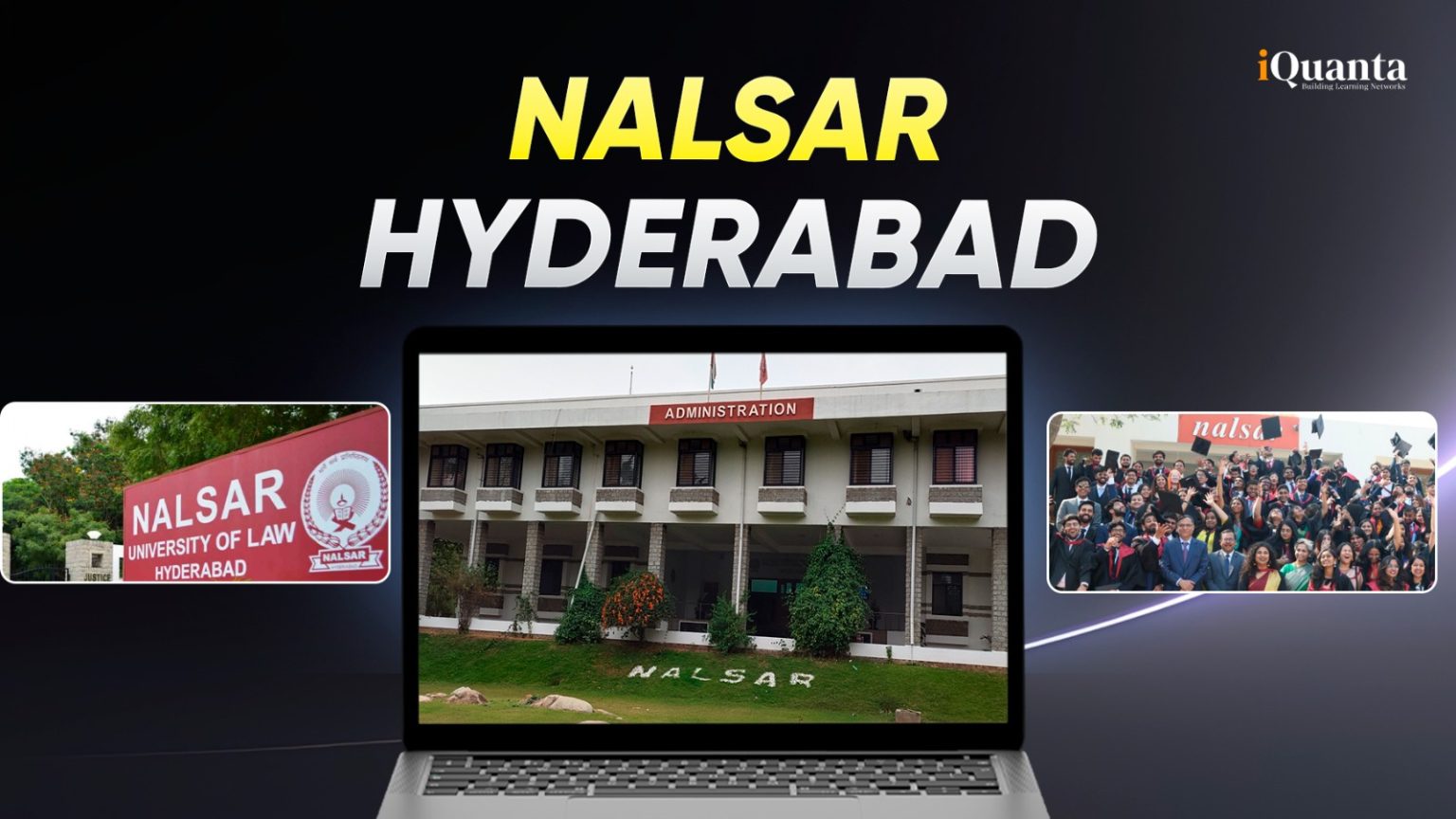
Founded in 1998, NALSAR combines academic excellence with a picturesque campus. Known for corporate placements...
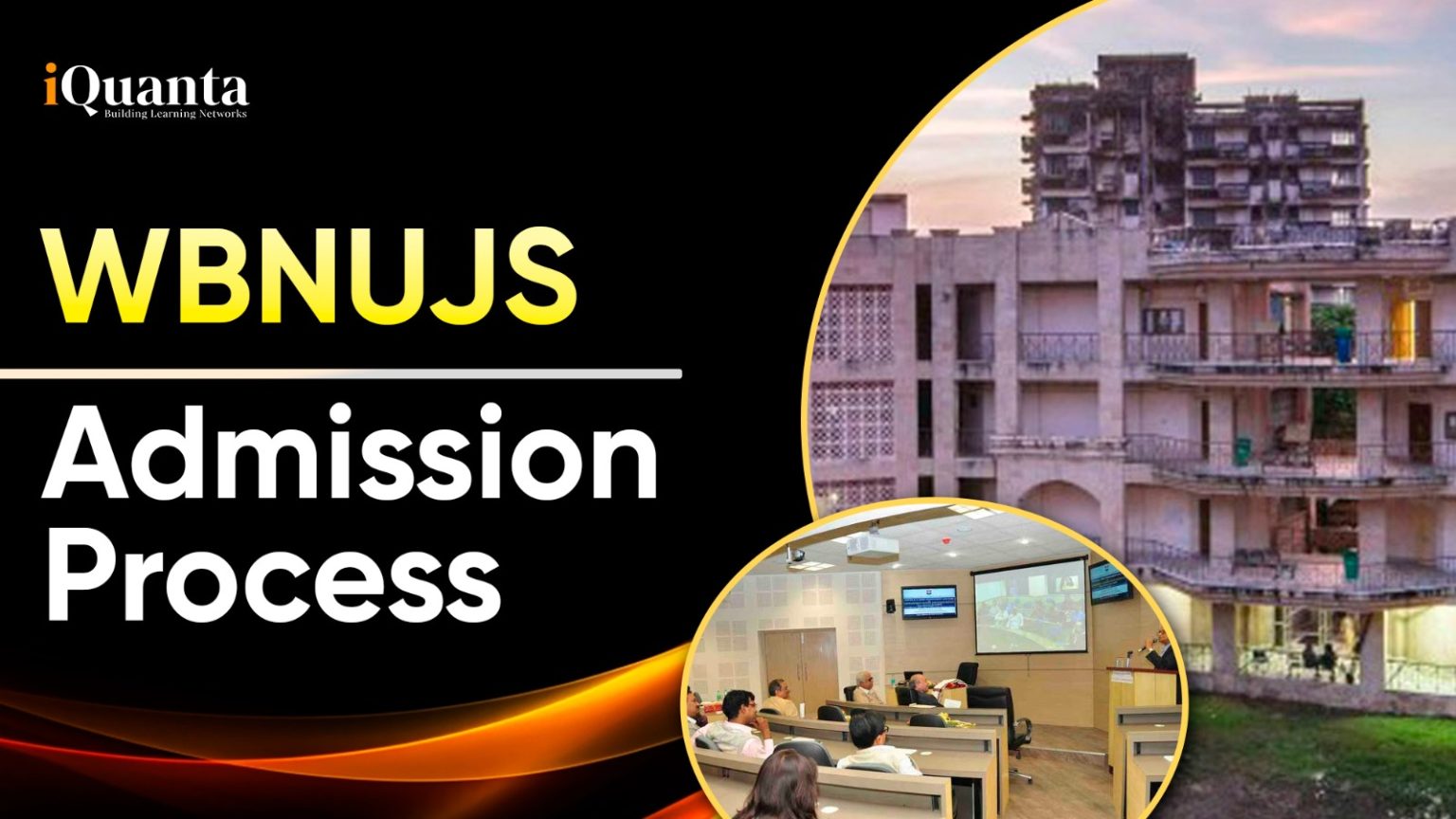
The West Bengal National University of Juridical Sciences, established in 1999 is renowned for producing top litigators...
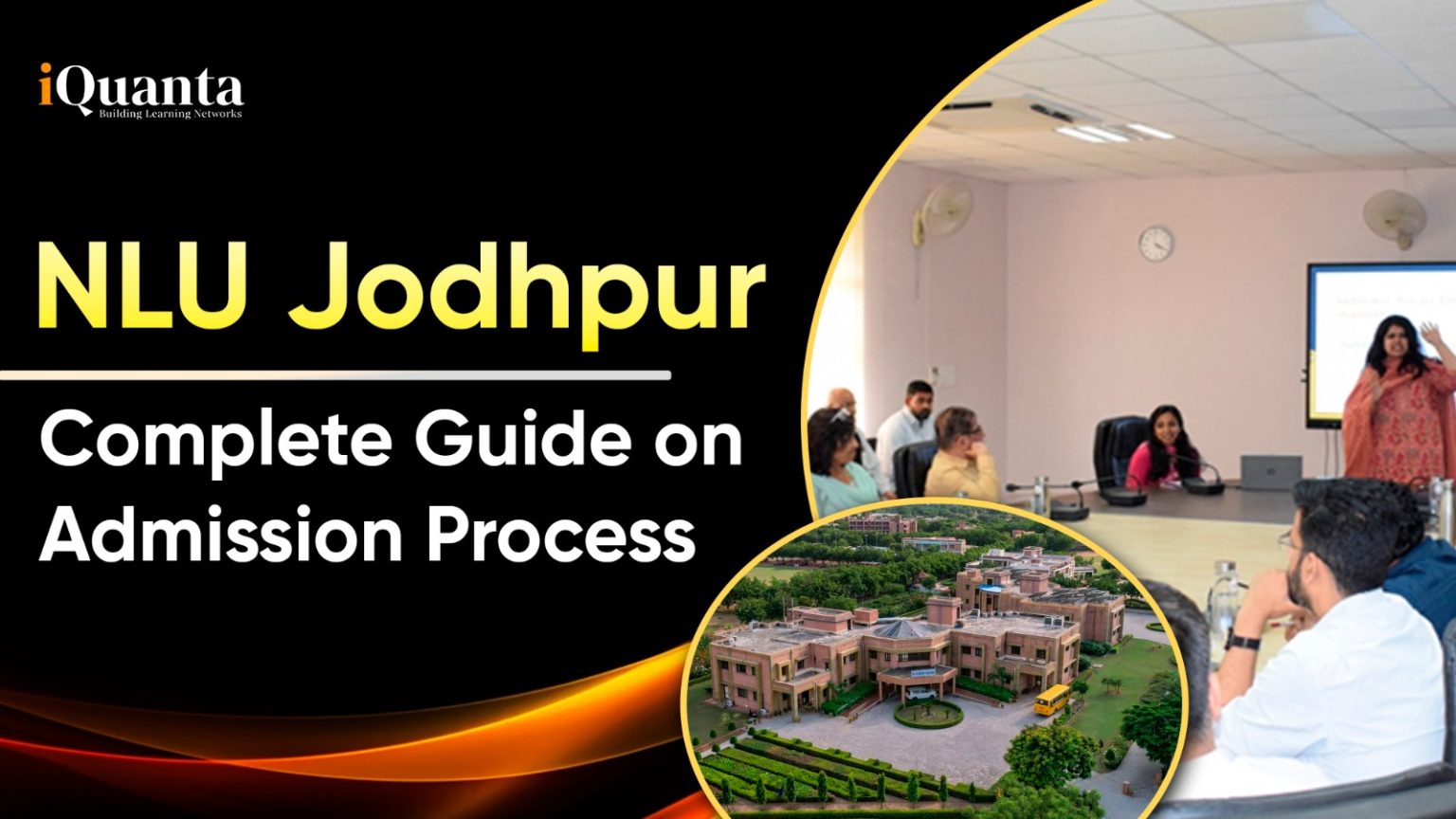
Since its inception in 1999, NLU Jodhpur has built a reputation for academic depth and research in corporate and trade laws...
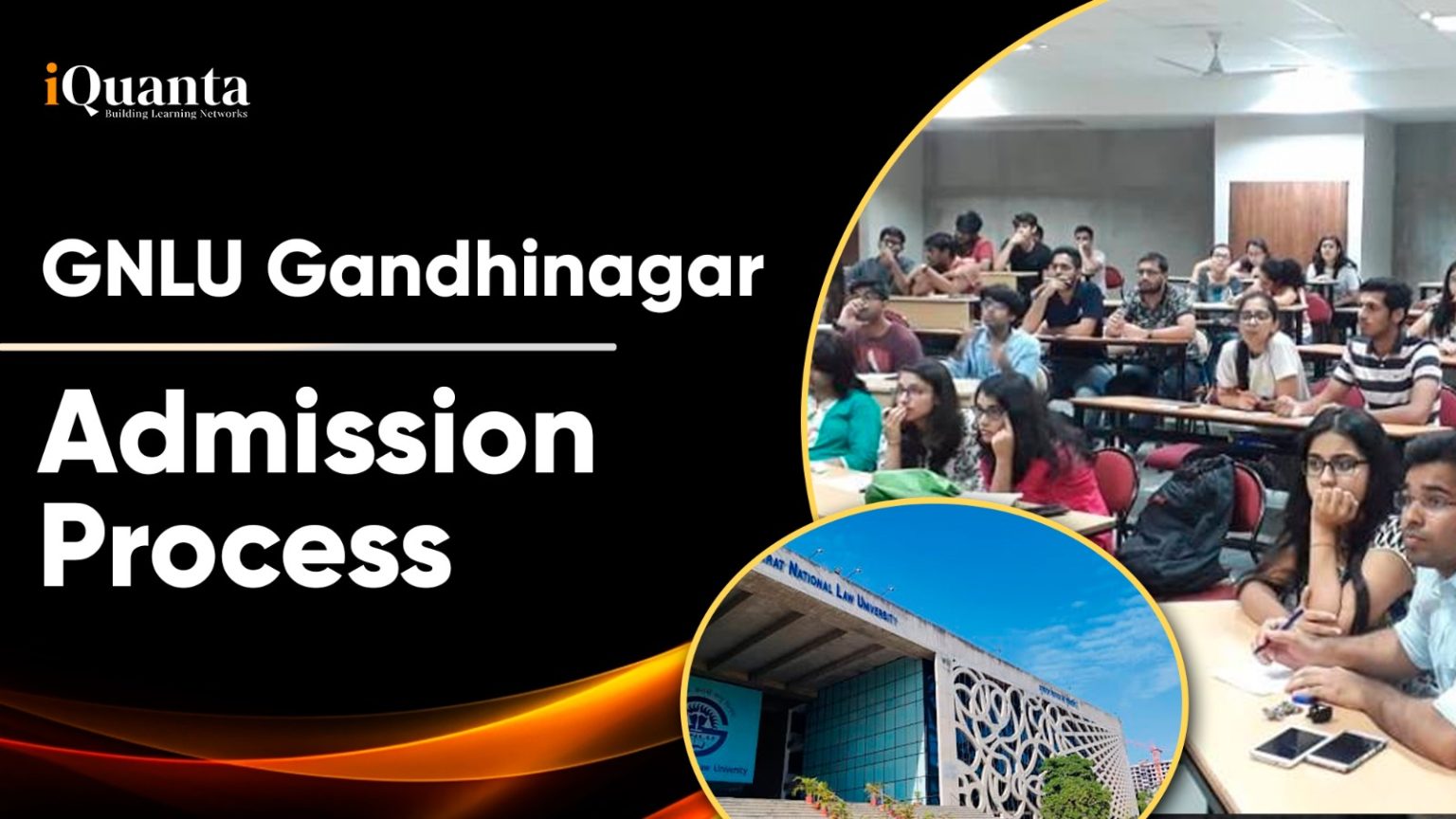
Founded in 2003, Gujarat National Law University has emerged as a hub for interdisciplinary studies, collaborations...
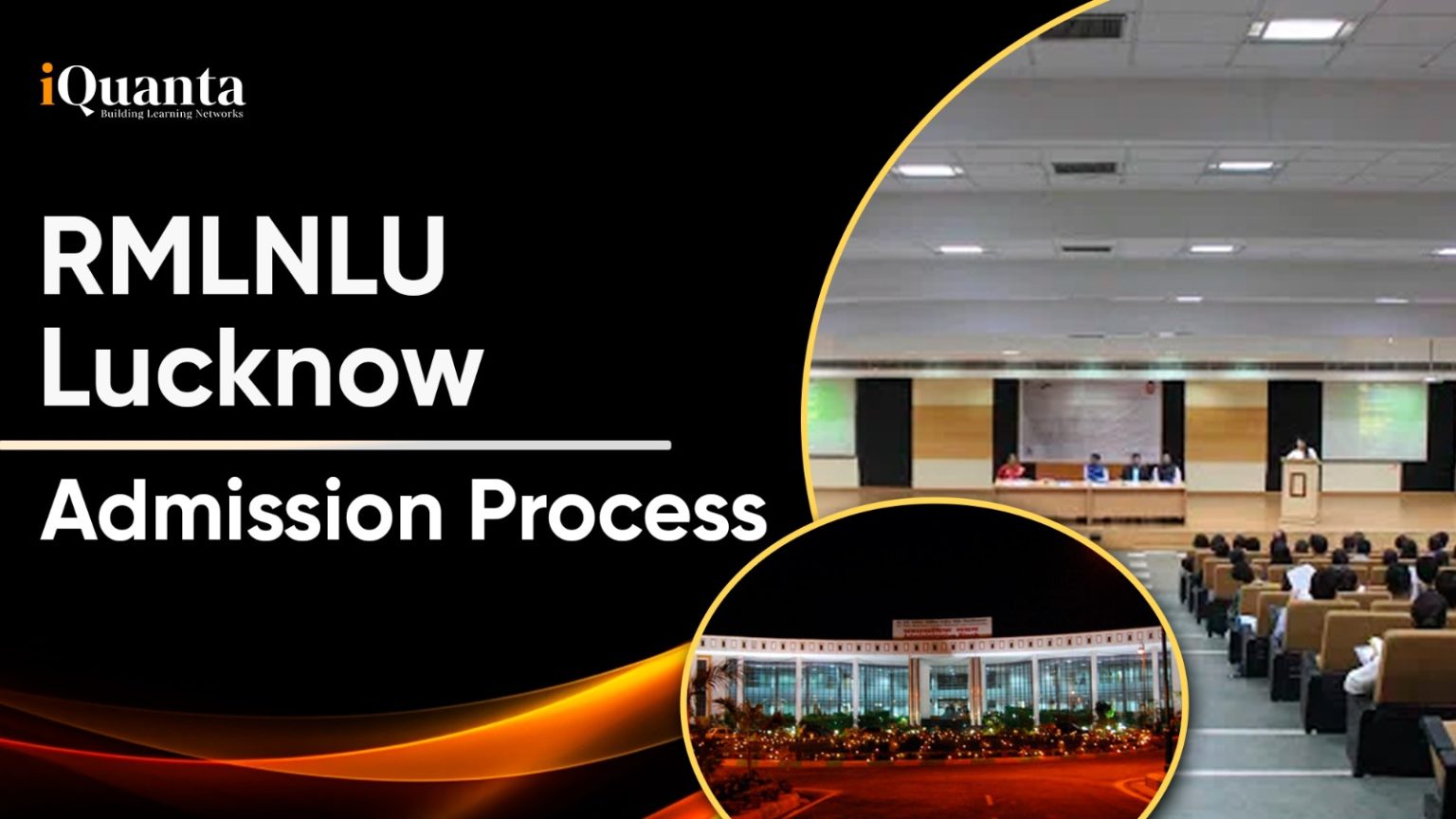
Dr. Ram Manohar Lohiya National Law University, founded in 2005 is known for its academic discipline and emerging placement record...
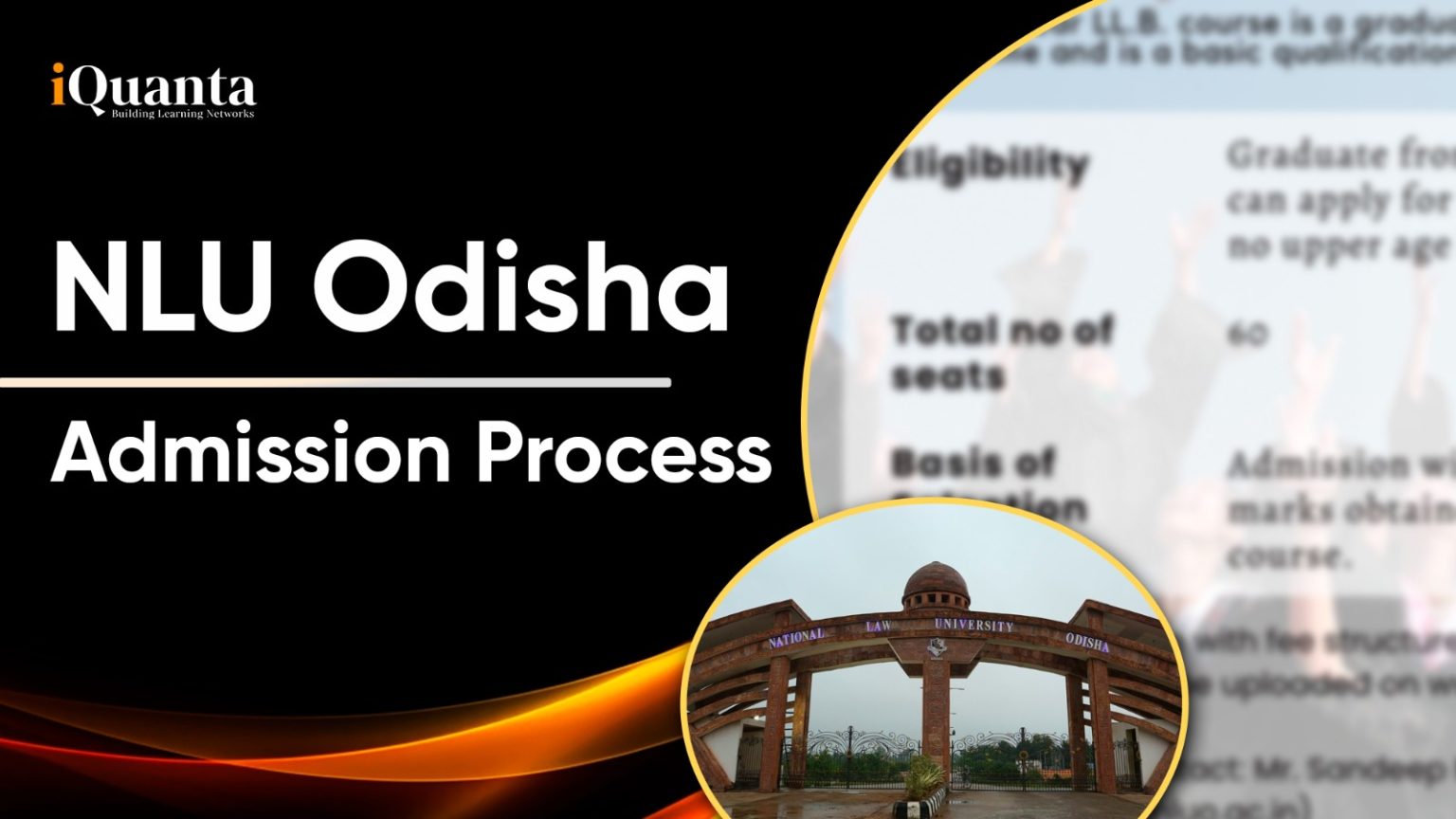
Established in 2009, National Law University Odisha is one of the newer NLUs that has shown rapid growth. Known for its mooting culture...
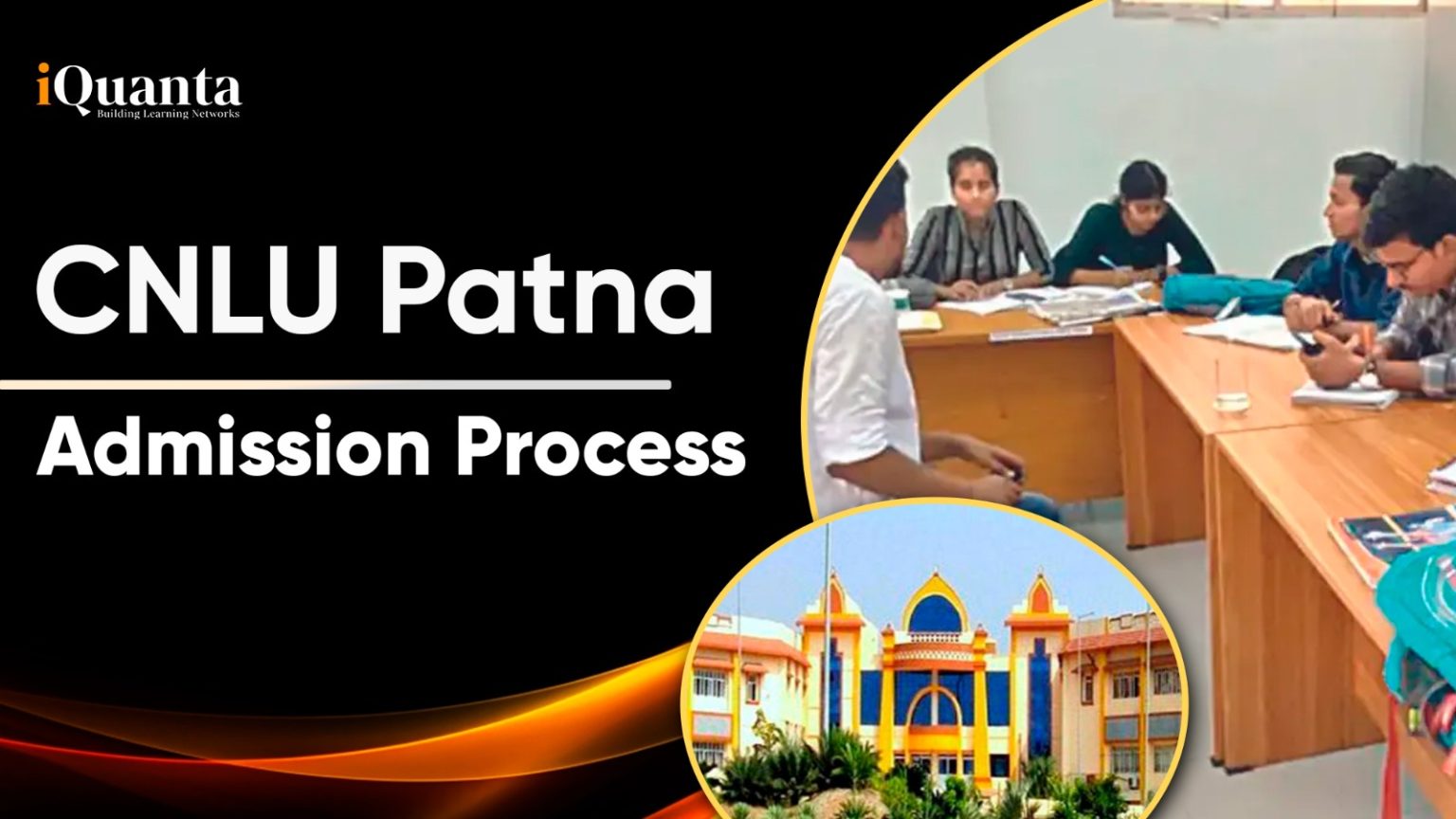
Chanakya National Law University, Patna, established in 2006, provides a strong foundation for students in both corporate and litigation fields...
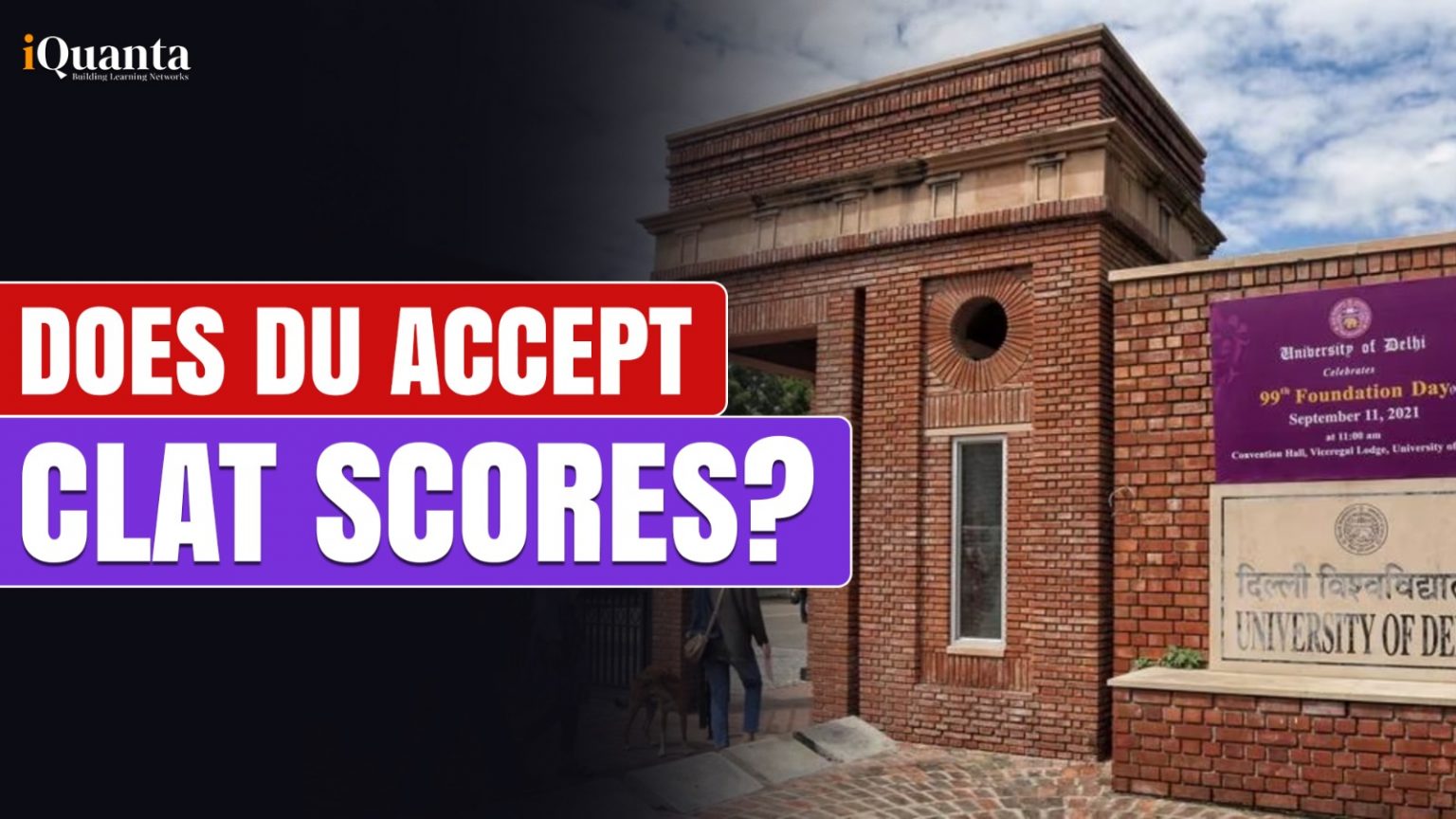
One of India’s oldest and most prestigious law schools, DU Law Faculty has been the alma mater of judges, senior advocates and...
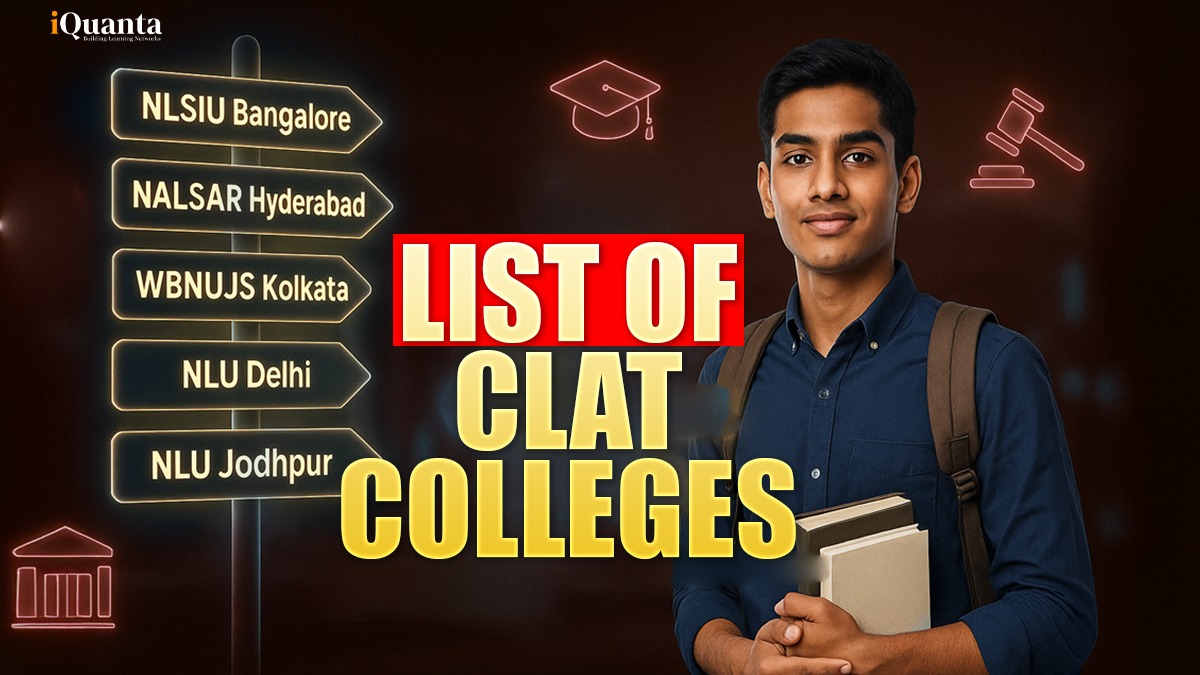
The Common Law Admission Test (CLAT) is the key to higher education in law in India. Many National Law Universities (NLUs)...

Aditya Shekhar is a distinguished lawyer and alumnus of National Law University, Jodhpur. He has worked with Ernst & Young, the Hon’ble Supreme Court of India, Delhi High Court and key tribunals. His journey blends top-tier legal experience with a deep passion for mentoring students. A strong advocate of Kaizen the Japanese principle of continuous self-improvement, Aditya brings this mindset to every student he guides. He has mentored thousands of aspirants, helping them unlock their potential and achieve their dream NLU admissions.

Introducing our distinguished CLAT legal faculty, Adv. Barkha Bansal. She is a gold medalist in LL.M and has an impressive track record of academic excellence. With over 3 years of experience in teaching, Ms. Barkha has developed a deep passion for guiding students in the intricate field of legal reasoning.

CLAT Legal Faculty Ayush Shukla is an alumnus of Savitribai Phule Pune University and Delhi University, and has secured AIR 117 in MHCET 2021 and AIR 86 in BHU LLB 2021; as a faculty member using a student-centered teaching methodology, he distills heavy legal reasoning and makes it simple, sharpens the GK & Current Affairs knowledge base, and also focusses on the critical thinking for aspirants to approach and crack CLAT sure in themselves.

Yogesh Joshi has been mentoring thousands of aspirants for 5 years for CAT, XAT, IIFT, and other MBA exams. Apart from being a teacher, he contributes significantly to iQuanta business strategy, content and training, supporting students to get into their dream B-schools.

Tarun Tiwari - GK & Current Affairs Faculty With 8+ years of experience, Tarun Tiwari has mentored 15,000+ students for CLAT and other examinations. He is a Gold Medalist from Allahabad University and has won over 15 National Quiz Competitions. He has the ability to make GK & Current Affairs precise, organized and examination ready!

Critical Reasoning - Sudip Bajpai Sudip Sir is recognized for his acute intellect and reasoning skills in teaching Critical Reasoning. Having years of experience mentoring CLAT aspirants, he simplifies complicated arguments, assumptions, and inferences into concepts easily understood and exam-ready with smart elimination and practice application of logic in real-time.

Shashank Gupta – English Faculty Shashank Gupta has a VARC percentile of 99.5 which demonstrates his ability in vocabulary, reading comprehension, and grammar. He is a student-first English Language expert, simplifying difficult passages and equipping aspirants with the tools to think like critical readers and smart readers—an essential for CLAT.

Nitin Kukreja - Quants & LRDI Faculty Nitin Kukreja, with an experience of over 10 years and a score of 99.5 percentile and above in Quants & LRDI, has ensured hundreds of students made it to top NLUs. Nitin Kukreja is known for sharp tips and tricks and for his simplistic style of teaching. He makes complicated maths and logic simple, helping aspirants increase their score with confidence.